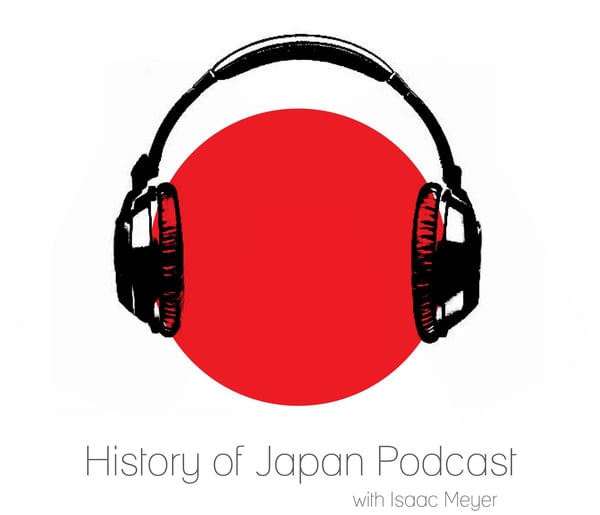Episode 197 - Fist of Legend, Part 4
History of Japan
Isaac Meyer
4.8 • 744 Ratings
🗓️ 10 June 2017
⏱️ 29 minutes
🧾️ Download transcript
Summary
This week: karate comes to mainland Japan (and gets a rebrand in the process), and the Butokukai's attempts to militarize the martial arts backfire when the Americans come to town.
Transcript
Click on a timestamp to play from that location
| 0:00.0 | Hello and welcome to the History of Japan podcast, episode 197, Fist of Legend, part four. |
| 0:09.2 | On November 10, 1868, only 15 days after the city of Edo was officially renamed Tokyo, |
| 0:17.2 | and all of six days after the beleaguered armies of Aizu Domain surrendered their last holdout in Wakamatsu castle, |
| 0:24.8 | with Yamakawa Stematsu, among others being taken prisoner, |
| 0:29.1 | a boy was born to a family in the capital of the Ryukuing kingdom, Shuri. |
| 0:35.3 | The boy was born to the Funakoshi family, a family of what's called Pechin status. |
| 0:42.3 | The Pechen were a part of the Okinawan aristocracy, broadly analogous to the Shur scholars of China |
| 0:49.0 | or to mid-ranking samurai in Japan. |
| 0:52.8 | They formed the backbone of the government administration, |
| 0:56.4 | serving in a variety of roles in the bureaucracy. Their status, in turn, enabled Pechen families |
| 1:03.3 | to enjoy certain perks, including the right to be weighted on by a servant in public and to be |
| 1:09.1 | exempted from certain kind of taxes and punishments. |
| 1:13.9 | Unfortunately for this boy, his birth happened to coincide with the end of the traditional |
| 1:19.2 | Ryukyuan system, which had privileged his family for centuries. |
| 1:24.5 | When he was 11, the Ryukuin kingdom was annexed by Japan, and the Funakoshi family's lives were turned upside down. |
| 1:33.4 | The boy's father, Funakoshi Gisu, was a traditionalist who objected fiercely to the new order of things. |
| 1:41.9 | As a result, he fought against the change brought by the Japanese, who wanted to both |
| 1:46.6 | westernize and Japanese the Okinawan population. So, for example, Gisu insisted that his young |
| 1:54.2 | son wear the top-knott hairstyle associated with the Pechen class, which had been banned by the |
| 2:00.1 | Japanese. That, in in turn meant that the |
| 2:03.2 | young man could not pursue his first dream of attending medical school. A Japanese-run medical school, |
| 2:10.4 | after all, literally would not even let him through the front door with his hair styled like that. |
... |
Please login to see the full transcript.
Disclaimer: The podcast and artwork embedded on this page are from Isaac Meyer, and are the property of its owner and not affiliated with or endorsed by Tapesearch.
Generated transcripts are the property of Isaac Meyer and are distributed freely under the Fair Use doctrine. Transcripts generated by Tapesearch are not guaranteed to be accurate.
Copyright © Tapesearch 2025.

